Baby Sleeps With Eyes Open – Is it Worrisome?

- Reasons Why a Baby Sleeps With His Eyes Open
- Is Sleeping With Eyes Open Harmful for a Baby?
- What Can You Do About It?
- When to Worry?
- FAQs
Sleep is incredibly important for babies, especially for newborns. Newborns sleep at least sixteen to seventeen hours every day. As they grow older, they tend to sleep less, with one-year-olds getting approximately eleven to twelve hours of sleep daily. A baby’s sleeping pattern and feeding habits are not exactly the most consistent. To get your baby to sleep peacefully will be a task in itself, but you might encounter unexpected behaviour in him at times, such as your baby sleeping with eyes open or partially open, and of course it will worry you. But you need not panic – find out why your baby may sleep with his eyes open and what you can do about it.
Reasons Why a Baby Sleeps With His Eyes Open
Why do babies sleep with their eyes open? If your baby also sleeps with his eyes open, it could be because of the following reasons.
1. Genetics
If your baby sleeps with eyes open, it could be hereditary. You can look into your and your spouse’s family history to ascertain if anyone in the family sleeps with their eyes open. If you, your spouse, or immediate family members share this trait, it is very likely your baby will too.
2. Medical Reason
If nobody in your family has a history of sleeping with their eyes open, it could be due to medical conditions, such as nocturnal lagophthalmos. It is quite harmless and does not continue for more than a year to a year and a half. In rare cases, it might be because of thyroid problems, damaged facial nerves or even some tumours. If you find that your baby is unable to sleep with his eyes closed for extended periods of time, please consult your doctor.
3. Physiological Immaturity
The neurological and muscular systems of newborns are still developing, and this immaturity can affect various functions, including the ability to keep the eyes closed during sleep.
Is Sleeping With Eyes Open Harmful for a Baby?
Sleeping with eyes open might look odd and worrisome, but it is completely normal and harmless. In fact, your child’s paediatrician will even tell you that they see this condition regularly and it does not concern them at all. Research suggests that this mode of sleeping is during the active phase of the sleep cycle, known as Rapid Eye Movement or REM. Newborn sleep consists of long periods of REM than adults, making up over half of their entire sleep time. As they grow older, their sleeping patterns become more like adults, meaning they wake up less during the night and are less fussy during nap time.
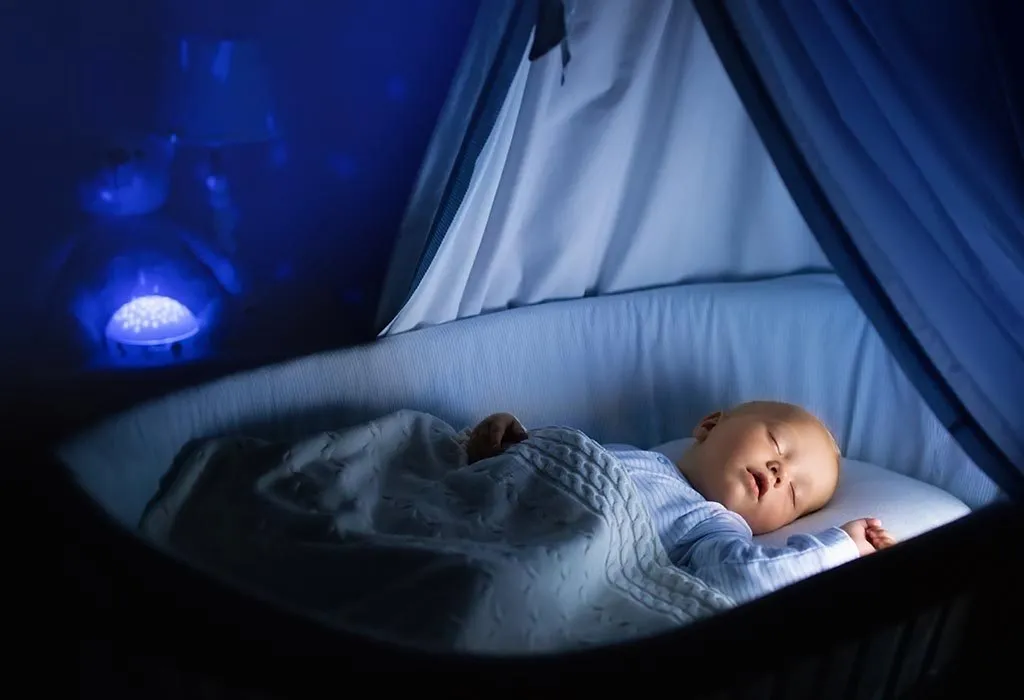
What Can You Do About It?
While there is no need to concern if your baby sleeps with his eyes open, we know as a new mother you will wonder how you can make your baby with his eyes closed. There are a few ways by which you can help your baby sleep with his eyes closed:
- Gently close your baby’s eyelids with your fingertips until they are closed. Make sure he is in deep sleep while you do so.
- Establish a strict feeding/sleeping cycle so that he gets used to a routine and learns to sleep without breaks or interruptions.
- If your baby has difficulty sleeping, you can help him relax by bathing him in warm water, singing to him or gently rocking him till they fall asleep.
- Allow your baby to rest on his back while sleeping, as this promotes sufficient air circulation around him. Remove stuffed toys, quilts, pillows (if any) from his bed or crib – and make it spacious.
- Make sure the temperature of his room is warm and the room is dark when you put him to sleep. This way he won’t be disturbed in case his eyes cannot close completely.
- Take your baby for an eye examination to make sure his eyes are sufficiently moist and that his cornea is not damaged. In some cases, humidification or application of eye ointments and drops may be necessary to prevent corneal damage. Usually, the need for eye ointments and drops does not arise, but it is best to check with the doctor.
When to Worry?
As already mentioned, it is normal for babies to sleep with their eyes open until they turn a year and a half. However, if your baby continues this habit even after he crosses the eighteen months mark, you should talk to your baby’s doctor regarding the same. There is a very small likelihood that your baby may have congenital ptosis, which causes malformed eyelids. This cannot be self-diagnosed and requires professional medical attention.
FAQs
1. Can Babies Twitch Eyes While Sleeping?
Yes, it’s normal for babies to experience eye twitching or rapid eye movements during sleep. This often occurs during the Rapid Eye Movement (REM) stage, which is a normal part of the sleep cycle. REM sleep is associated with vivid dreams, and the eye movements may correspond to dream activity.
2. Do Babies Roll Their Eyes and Smile When They Are in Sleep and Why?
Yes, babies may roll their eyes and even smile during sleep. These behaviors are often observed during the REM stage of sleep, which is a phase associated with increased brain activity, dreams, and emotional processing. The eye movements and facial expressions are natural aspects of the sleep cycle and are not necessarily indicative of any discomfort or concern.
So, this was all about a baby sleeping with eyes open and smiling. Even though it looks strange or abnormal, you can rest assured that your baby is sleeping quite soundly even if his eyes are open. Follow the tips mentioned above to help discard this habit of your newborn sleeping with eyes open over time. However, if you’re worried for any reason, please talk to your doctor or health professional about it. Once your doctor assures you there is nothing to concern, then you don’t need to worry!
References/Resources:
1. Can You Really Sleep With Your Eyes Open?; Sleep Doctor; https://sleepdoctor.com/sleep-faqs/can-you-sleep-with-your-eyes-open/
2. Newborn-Sleep Patterns; Children’s Hospital of Philadelphia; https://www.chop.edu/conditions-diseases/newborn-sleep-patterns
3. Ciorba. A, Corazzi. V, Conz. V, et al.; Facial nerve paralysis in children (World Journal of Clinical Cases); National Library of Medicine; https://www.ncbi.nlm.nih.gov/pmc/articles/PMC4677084/; December 2015
4. Sleep Twitches Shape Babies’ Growing Brains; BrainFacts.org; https://www.brainfacts.org/thinking-sensing-and-behaving/sleep/2021/sleep-twitches-shape-babies-growing-brains-011521
5. Sleeping With Your Eyes Open; Sleep Foundation; https://www.sleepfoundation.org/physical-health/sleeping-with-eyes-open
6. Rai. B, Moka. S, Sharif. F; Nocturnal lagophthalmos: never seen before in hypernatraemic dehydration (BMJ Case Reports); National Library of Medicine; https://www.ncbi.nlm.nih.gov/pmc/articles/PMC3987541/; April 2014
7. Tsai. S, Yeh. S, Chen. L, et al.; Nocturnal Lagophthalmos (International Journal of Gerontology); Science Direct; https://www.sciencedirect.com/science/article/pii/S1873959809700274; June 2009
Also Read:
Baby Eyes Rolling Back
How Much Sleep Does a Baby Need?
Ways to Get Your Baby Sleep in Crib
How to Make Baby Sleep at Night?
Was This Article Helpful?
Parenting is a huge responsibility, for you as a caregiver, but also for us as a parenting content platform. We understand that and take our responsibility of creating credible content seriously. FirstCry Parenting articles are written and published only after extensive research using factually sound references to deliver quality content that is accurate, validated by experts, and completely reliable. To understand how we go about creating content that is credible, read our editorial policy here.







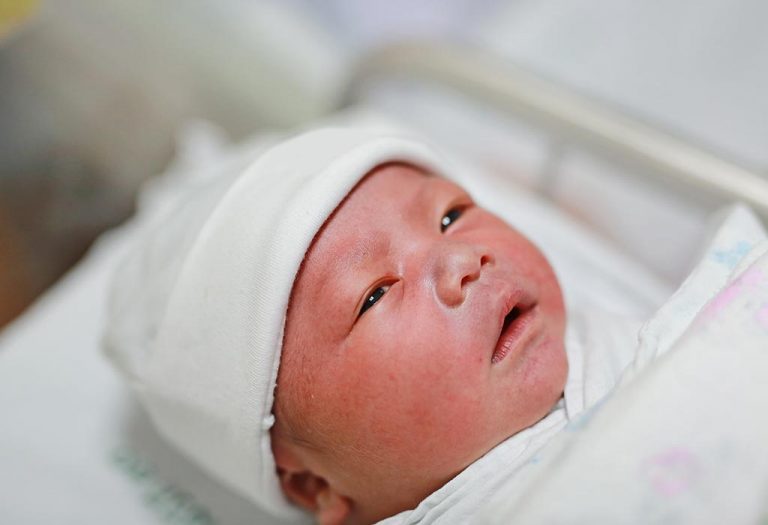
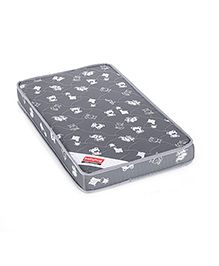

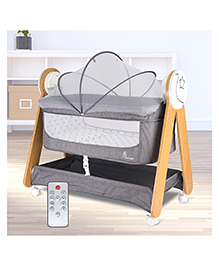
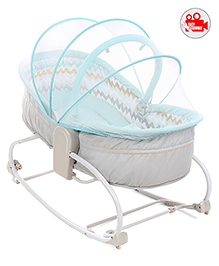
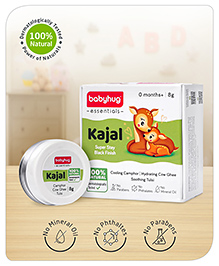
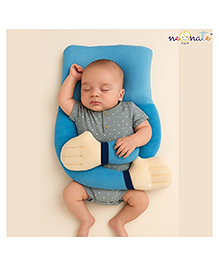
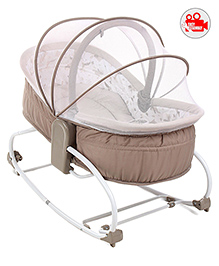

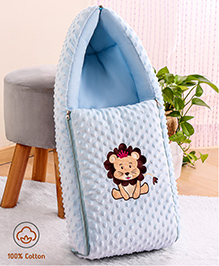
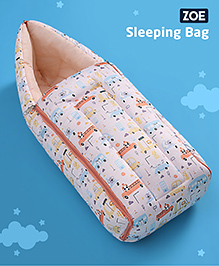
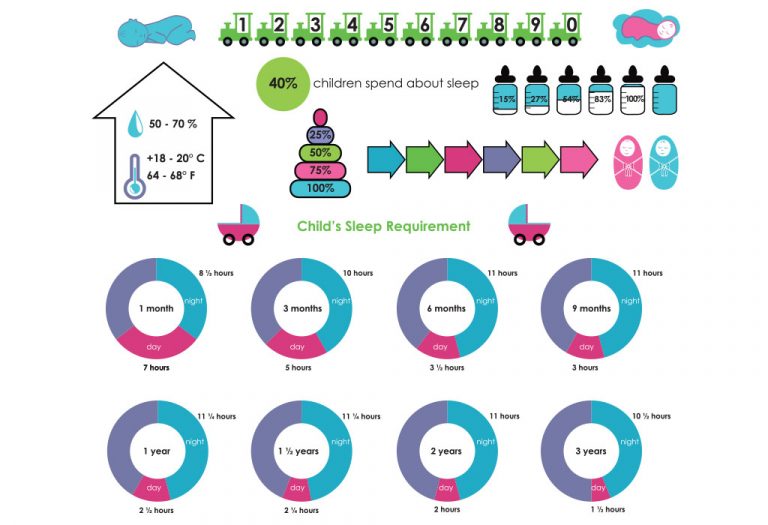
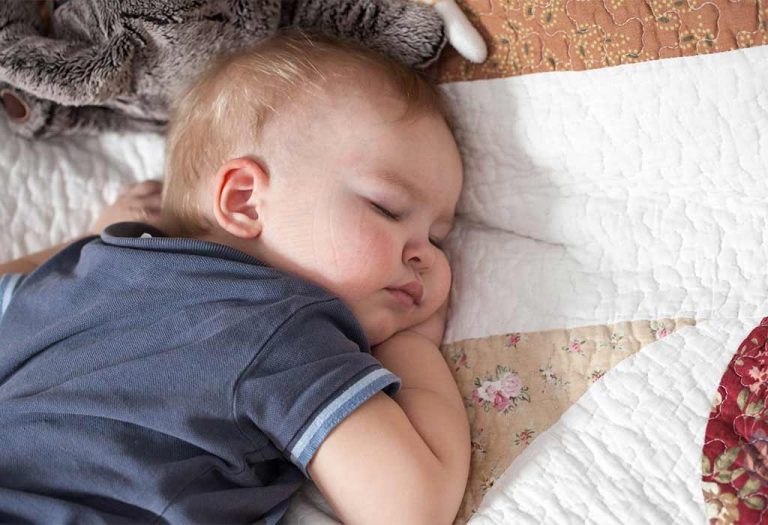
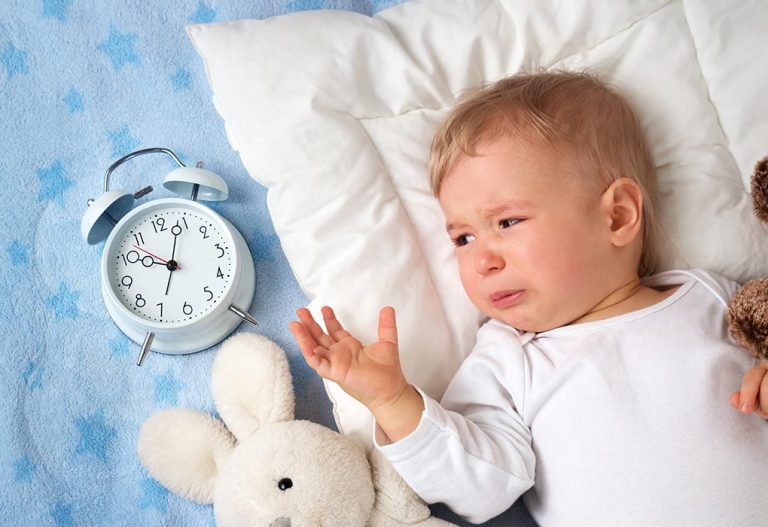
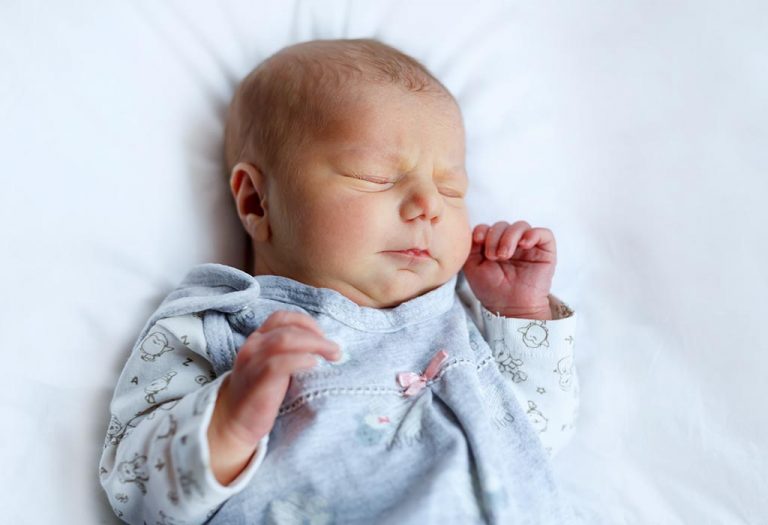
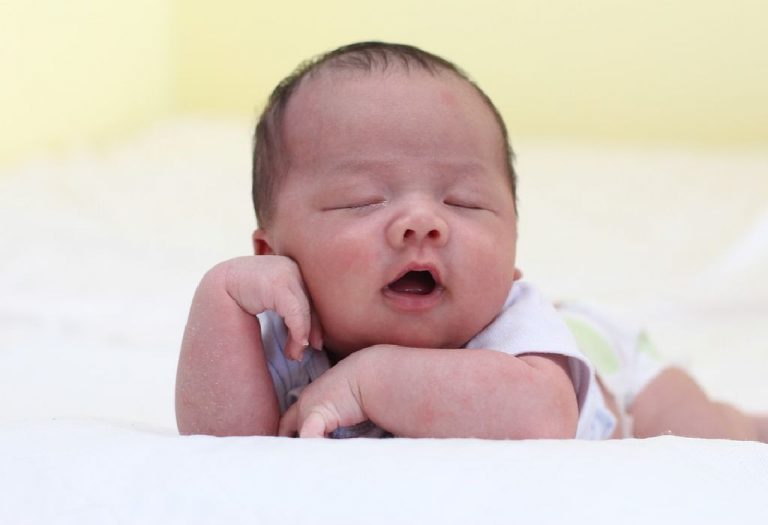
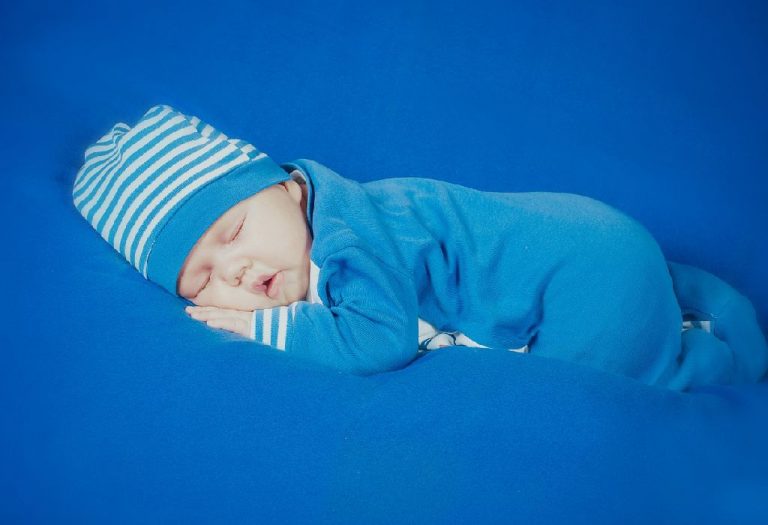

.svg)


















